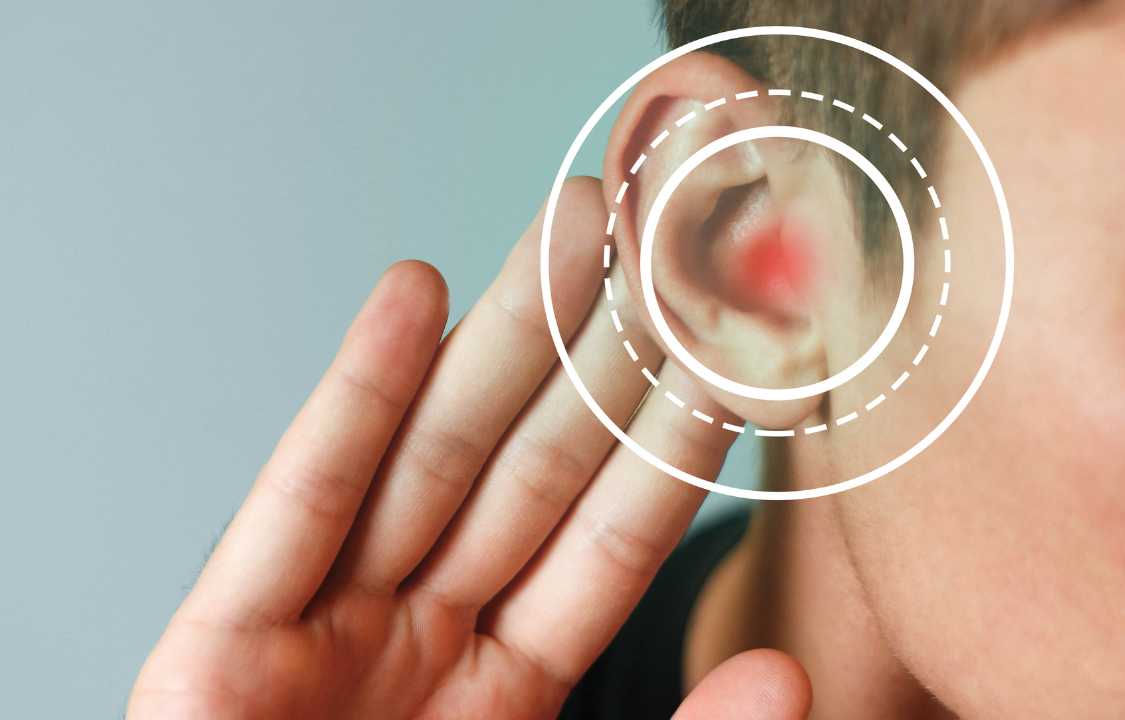Health Care
5 Actions You Can Take to Prevent Hearing Loss
Hearing loss is a growing concern, affecting millions of individuals worldwide. It can be caused by various factors, including exposure to loud noises, aging, genetics, and other health issues. The consequences of hearing loss are far-reaching, impacting one’s daily life, leading to communication difficulties, social isolation, and even depression. Protecting your hearing is essential for a high quality of life, and this article will explore five effective strategies to prevent hearing loss and maintain optimal hearing health.
1. Understanding the Prevalence of Hearing Loss
Hearing loss is no longer a rare condition. Millions of people globally experience it to varying degrees. The leading causes of hearing loss include prolonged exposure to loud noises, the natural aging process, and genetic predisposition. Fortunately, there are proactive steps that individuals can take to minimize their risk of hearing impairment. These steps include being cautious around loud noises, practicing good ear hygiene, undergoing regular hearing check-ups, and making lifestyle changes such as quitting smoking. The key to maintaining good hearing health is early prevention.
2. Embrace Ear Protection as Your Shield
Wearing ear protection is an effective way to prevent hearing loss. Whether you’re working in a noisy environment, attending a concert, or engaging in noisy outdoor activities like lawn mowing, earplugs or earmuffs are your allies in protecting your hearing. It is essential to ensure that the ear protection fits properly and is designed for the specific noise level you will be exposed to. Moreover, take breaks from loud environments to give your ears the recovery they need.
3. Reduce Exposure to Loud Noises
One of the most common causes of hearing loss is exposure to loud noises. While it’s not always possible to avoid noisy environments completely, there are steps you can take to limit your exposure. This includes avoiding loud machinery, noisy concerts, and sporting events whenever possible. In situations where you cannot escape loud noises, consider wearing noise-canceling headphones or earplugs to reduce the impact on your hearing. Additionally, be cautious of the volume when using headphones, especially if it’s part of your daily routine. Consistent exposure to high volumes can lead to long-term hearing damage. By making these adjustments, you can actively protect your hearing.
4. Adopt a Hearing-Friendly Lifestyle
Protecting your hearing isn’t limited to using ear protection or reducing noise exposure; it’s also about adopting a hearing-friendly lifestyle. This encompasses multiple aspects:
- Ear Protection: Prioritize the use of ear protection when entering noisy environments. Ensure that the protective gear is suitable for your needs and is appropriately worn.
- Ear Hygiene: Avoid inserting foreign objects like Q-tips into your ears, as these can damage the delicate structures within.
- Nutritious Diet: Include foods rich in vitamins and antioxidants to promote overall ear health. These nutrients help in preventing age-related hearing impairment.
- Regular Exercise: Exercise contributes to improved circulation, which is vital for maintaining healthy hearing.
- Avoid Smoking: Smoking can have a long-term detrimental effect on hearing. It impairs blood flow to the ears and damages the auditory system.
- Regular Hearing Check-Ups: If you are frequently exposed to loud noises, consider scheduling regular check-ups with an audiologist. They can provide valuable advice on protecting your hearing and identify any early signs of hearing issues.
Incorporating these habits into your lifestyle can significantly reduce the risk of hearing loss and help you maintain healthy hearing for years to come.
5. Schedule Regular Check-Ups with an Audiologist
Taking proactive steps to protect your hearing from a young age is crucial. One way to do this is by visiting an audiologist regularly. Experts recommend getting your hearing checked annually or whenever you notice changes in your hearing abilities. Audiologists are trained to detect hearing problems early and can provide appropriate treatments when needed. They can also offer valuable guidance on how to shield your ears from loud noises, such as using earplugs or noise-canceling headphones. By being proactive and consistently consulting with an audiologist, you can maintain good hearing health and prevent potential hearing loss.
Frequently Asked Questions
Q1. What Are Some Common Causes of Hearing Loss?
- Hearing loss can result from various factors, including prolonged exposure to loud noises, the natural aging process, ear infections, and genetic factors. It’s crucial to understand these causes to take preventative measures.
Q2. How Can I Prevent Hearing Loss in Noisy Environments?
- When in noisy environments, it’s essential to wear ear protection, such as earplugs or earmuffs. Additionally, lower the volume on electronic devices and take breaks in quieter areas. These simple steps can effectively prevent hearing damage.
Conclusion
In today’s modern and increasingly noisy world, the preservation of your hearing is not just a choice; it’s a necessity. The five straightforward and proactive steps discussed in this article serve as your protective armor against the pervasive threat of hearing loss. By being constantly mindful of the volume levels in your surroundings, consistently embracing the use of ear protection, consciously limiting your exposure to deafening environments, monitoring your headphone usage, and routinely consulting with an audiologist, you are proactively ensuring a lifetime of healthy hearing.
It’s crucial to recognize that hearing loss is a challenging and often irreversible condition, which underscores the paramount importance of prevention. By seamlessly integrating these hearing protection strategies into your daily routine, you hold the power to make a significant and lasting impact on your hearing health and overall well-being. The old adage “prevention is better than cure” holds especially true when it comes to hearing. Don’t wait until it’s too late; initiate these vital preventative measures today. By taking these small yet proactive steps to protect your hearing, you can relish the beautiful symphony of life’s sounds for many years to come. Your hearing is an invaluable gift; let us collectively cherish and protect it.

